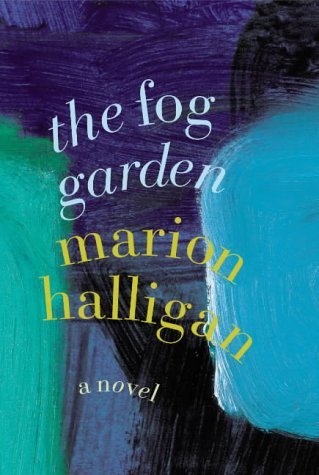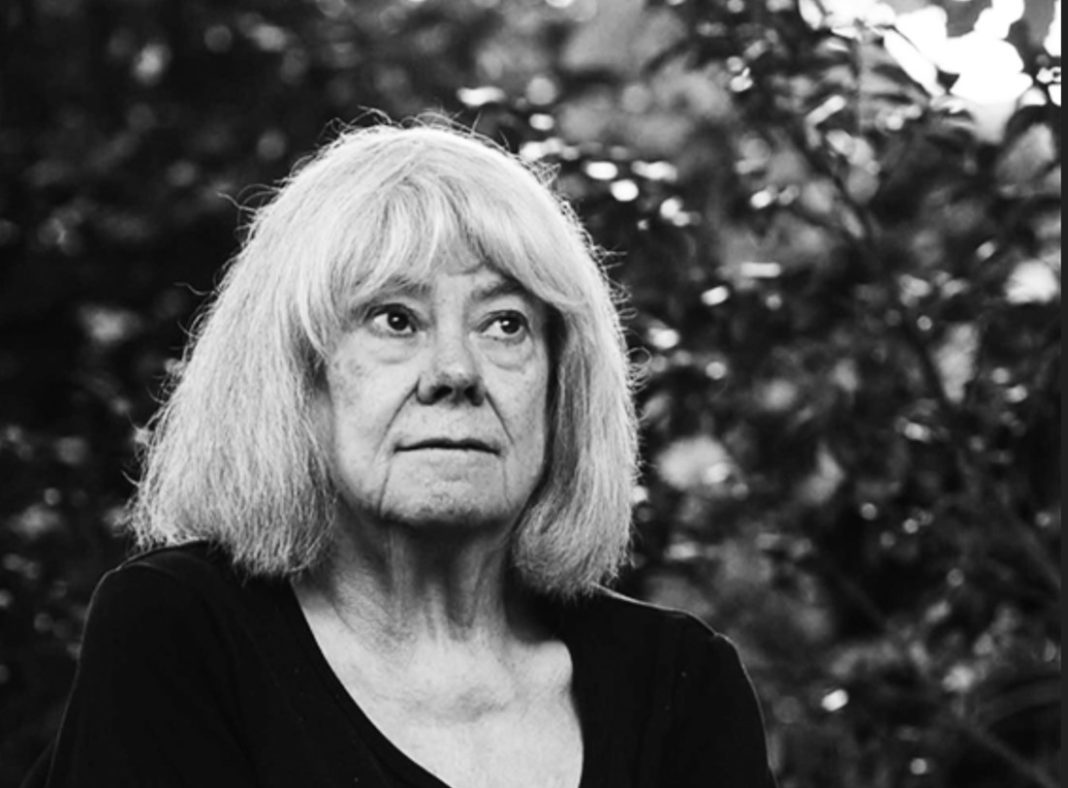Marion Halligan, acclaimed novelist, essayist, and short story writer, died in Canberra on Monday, aged 83.
Described as “bright, warm, and forthright”, she was the author of 11 novels, five short story collections, and six works of non-fiction – many of which received prestigious awards.
Born in Newcastle in 1940, Halligan moved to Canberra in the 1960s. She worked as a part-time school-teacher, freelance journalist, and regular reviewer for the Canberra Times and the ABC’s ‘Books and Writing’ program as she developed as a full-time writer. She was a founding member of the group Seven Writers, which flourished until the late 1990s.
Halligan always believed that she was going to be a writer, even though she said it took her a while to get started. Her first novel, Self Possession (1987), was published when she was 47; but, as she told The Age in 2001: “You need to be a late starter as a writer, I don’t think being an early starter does you any favours.”
Self Possession, a comedy of manners about a university student’s worldly and amorous education, was praised as “the exciting promise of years of pleasure – a first novel of skill and insight” (Katherine England, Adelaide Advertiser).
Before long, Halligan had established herself, in Ramona Koval’s (Radio National) words, as “one of Australia’s most beloved and prodigious writers”, while literary critic Helen Elliott (The Age) considered Halligan “the most eagle-eyed novelist on the continent”. Nancy Phelan (Australian Book Review) described her as “a writer who understands and accepts the sadness, the vulnerability, the muddles and failures of human existence, who knows that there is no armour against fate yet believes in life”.
“I am interested in words and stories,” Halligan said. “I think that when you find the words you find out what it is you want to say. Stories are what people are good at, both telling them and listening to them. In both fiction and non-fiction, story-telling is important, though it may not always be simple; sometimes narratives are hidden.
“Looking back over my writing, I realise it is often about choice and chance, though I don’t start with these notions. And I write about ordinary lives, and how amazing they are.”
One of Australia’s finest short story writers, Halligan’s first collection, The Living Hothouse (1988), won both the Steele Rudd Award for the best book of short stories of the year and the Braille Book of the Year. Her second, The Hanged Man in the Garden (1989), was shortlisted for three national awards.
Her second novel, Spider Cup (1990), drawing on her many visits to France, and pondering women’s roles as wives, was shortlisted for four national awards, and commended by the Victorian Premier’s literary awards. Her non-fiction work of that year, Eat My Words, a collection of essays about food and other things, was awarded the Prize for Gastronomic Writing. In that year, too, she received the Geraldine Pascall Prize for book reviewing and criticism.
Lovers’ Knots: A Hundred-Year Saga (1992), set in Newcastle and based on her parents’ lives, was awarded the Age Book of the Year, the ACT Book of the Year, the 3M Talking Book of the Year, and the inaugural Nita B. Kibble Literary Award.
The Golden Dress (1998), set in Australia and France, was shortlisted for the Dublin IMPAC Prize, the world’s most valuable award for fiction; the Miles Franklin Award; and the Nita B. Kibble Award.

Halligan’s most personal novel, and the one she considered her best, was The Fog Garden (2001), a ‘cathedral of grief’ for her husband of 35 years, Graham, a lecturer in French at the ANU, who had died of cancer shortly before. It was shortlisted for the Queensland Premier’s Literary Award, the South-East Asia and South Pacific region of the Commonwealth Writers’ Prize, and the Nita B. Kibble Award.
Two more of her novels – The Point (2003), about a restaurant and a murder in a city very like Canberra, and Valley of Grace (2009), set in Paris – were named the ACT Book of the Year. Her memoir celebrating the life of her late daughter, Words for Lucy (2022), was a finalist for the 2023 ACT Book of the Year.
She also wrote two playful murder mysteries, The Apricot Colonel (2006) and Murder on the Apricot Coast (2008); books of autobiography and travel; a children’s book, The Midwife’s Daughters (1997); the libretto of a children’s opera; and three plays for the Melbourne Theatre Company.
She admired Dickens, Ruth Rendell, Henry James, George Eliot, and Margaret Drabble.
In 2006, Halligan was made a Member of the Order of Australia “for service to literature as an author, to the promotion of Australian writers, and to support for literary events and professional organisations”.
Halligan was also chair of the Literature Board of the Australian Council 1992-95, a member of the Australian National Word Festival committee, and patron of the ACT Writers’ Centre, later renamed MARION in her honour.
“It is with deep sadness that we acknowledge the passing of our dear friend, Marion Halligan,” MARION’s CEO, Katy Mutton, said. “Her contributions to literature have left an indelible mark on our region and sector.
“Marion captivated readers with her elegant prose, and insightful storytelling. She was an enduring force of creativity, intellect, and compassion, and we will greatly miss Marion’s wit and wisdom.
“We are honoured to have had Marion as our Patron for many years and acknowledge her contributions to our organisation over the past 30 years. We are truly fortunate to have shared a part of our journey with Marion Halligan.
“Our thoughts are with Marion’s family, friends, and all who were touched by her work.
“Marion’s legacy will endure through her words, which will continue to inspire and resonate with readers and writers long into the future.”
ACT arts minister Tara Cheyne said the Canberra community had lost a literary icon.
“I had the honour of speaking with Marion at that ACT Book of the Year event last December. She was warm and insightful, generous with her time, and obviously thrilled to be part of our celebration for her work, and that of her peers.
“Marion will be so dearly missed by the Canberra community. And just as she has inspired and made an enduring impression on her contemporaries – from her readers, to so many authors, and the broader Canberra community – through her artform she will continue to reach, engage and impassion countless future generations.
“Vale Marion.”
Marion Halligan “died peacefully … surrounded by family”, her daughter-in-law announced on Facebook. She is survived by her grandchildren and her partner, poet John Stokes.



